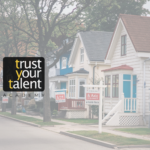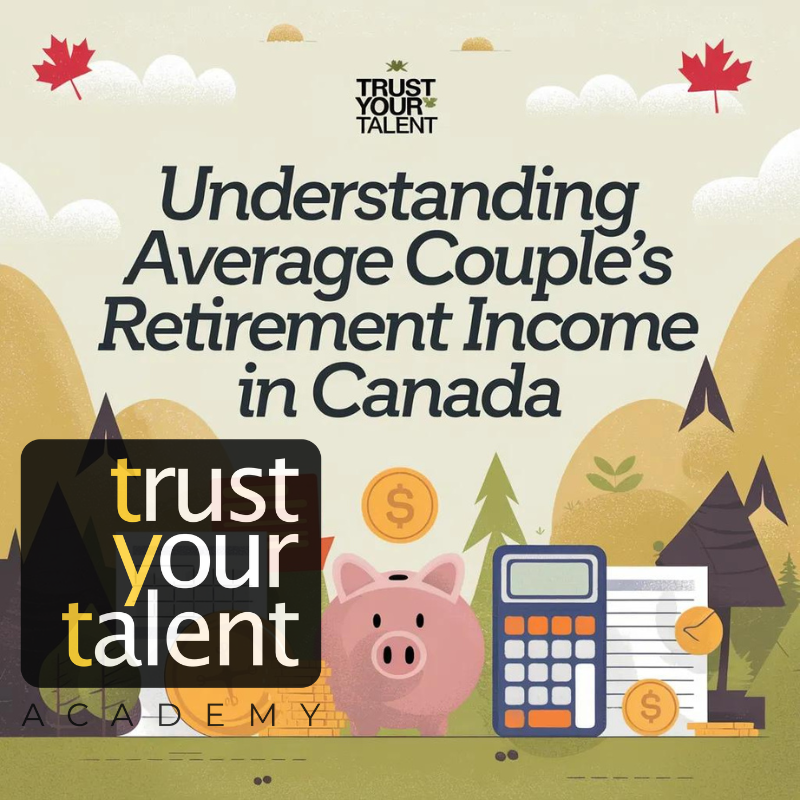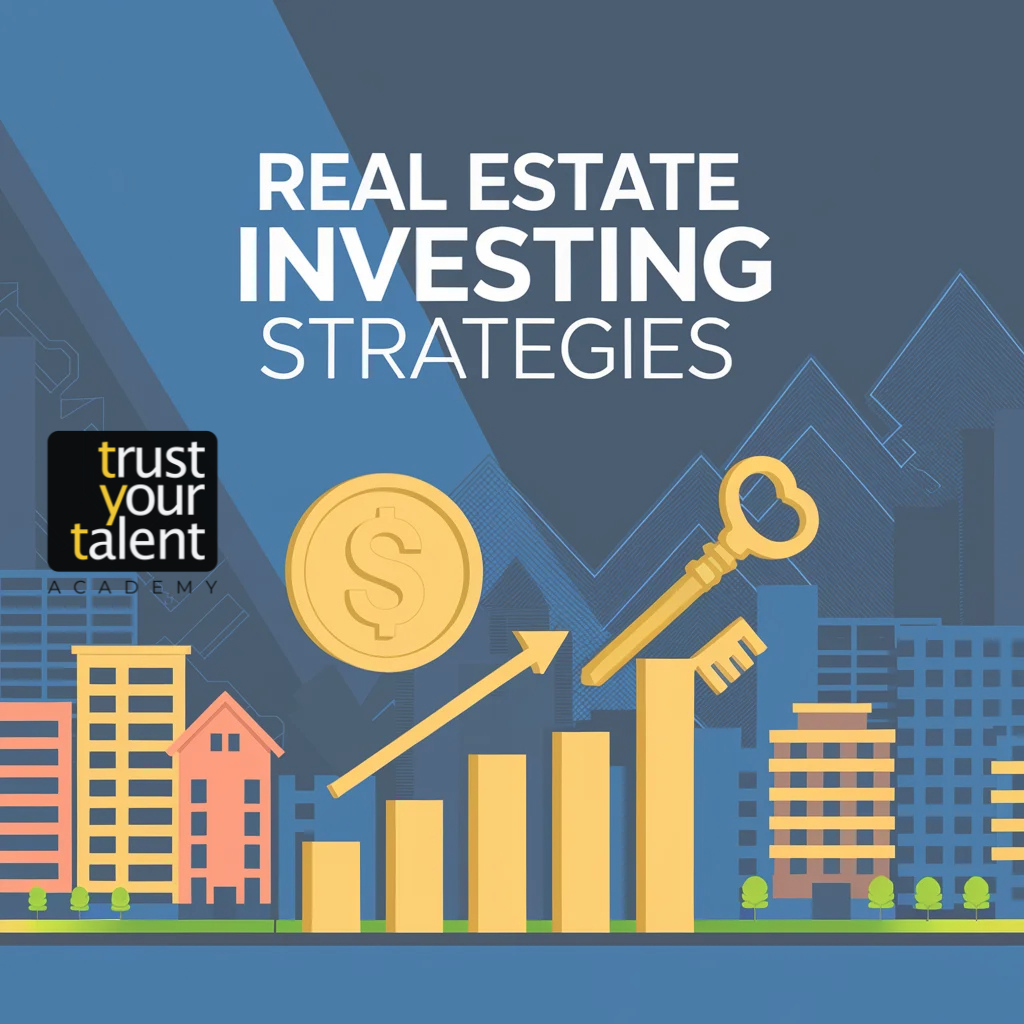Top 5 Real Estate Academies in Canada: Your Guide to Real Estate Education

If you’re looking to build a successful career in real estate, the right education is essential. With so many options out there, finding a reputable academy can feel overwhelming. In this guide, we’ll highlight the top five real estate academies in Canada that stand out for their quality education and supportive environments. One of these, Trust Your Talent Academy, is particularly known for its community-driven approach, helping students connect and grow together. Whether you want to become a licensed agent or deepen your investment knowledge, these academies can provide the resources and mentorship you need to succeed in the ever-evolving real estate landscape.
Importance of Choosing the Right Academy
Selecting the right real estate academy is vital for several reasons:
- Quality of Education: A well-structured curriculum ensures students gain relevant knowledge and skills. The best academies cover essential topics like property law, finance, market analysis, and ethical practices.
- Accreditation: Accredited institutions are recognized by industry professionals, enhancing your credibility as a graduate. Accreditation guarantees that the education meets specific regulatory standards.
- Networking Opportunities: Many academies have strong ties to the industry, offering students valuable connections that can lead to internships, job placements, and mentorship opportunities essential for career growth.
- Support and Mentorship: Programs that offer mentorship provide guidance through the complexities of real estate, helping you navigate challenges effectively. Access to experienced professionals can offer insights beyond textbooks.
Overview of the Top 5 Real Estate Academies
1. Trust Your Talent Academy (TYT)
Trust Your Talent Academy is one of Canada’s leading institutions for real estate education, dedicated to fostering financial literacy through real estate investing.
Unique Features:
- Community Support: TYT emphasizes building a network of like-minded investors who share experiences and knowledge.
- Mentorship Programs: Students receive tailored guidance from experienced mentors, helping them achieve their financial goals.
- Diverse Course Offerings: With over 28 courses available, TYT caters to various learning styles and objectives, from beginner to advanced levels.
Career Outcomes: Graduates often become successful investors or start their own businesses, with a practical skills focus that ensures job readiness upon graduation.
2. University of British Columbia (UBC)
Located in Vancouver, UBC’s Sauder School of Business is renowned for its comprehensive real estate program. Students gain insights into various aspects of real estate finance, development, and investment strategies.
Unique Features: UBC connects students with industry experts through networking events and emphasizes hands-on learning with case studies that reflect real-world scenarios.
Career Outcomes: Graduates from UBC often find employment with leading real estate firms across Canada and internationally, benefiting from a strong alumni network.
3. University of Toronto (U of T)
The Rotman School of Management at U of T offers a robust real estate program that combines academic rigor with practical learning experiences. Students build financial literacy and entrepreneurial skills.
Unique Features: U of T’s extensive alumni network provides valuable connections within the real estate sector, along with workshops featuring industry leaders sharing insights on current trends.
Career Outcomes: Graduates are well-prepared for careers in residential sales, commercial leasing, property management, and real estate investment analysis.
4. Laval University
Based in Quebec City, Laval University specializes in real estate management and urban planning. The curriculum equips students with the skills necessary for various industry roles.
Unique Features: Laval focuses on sustainability and urban development, preparing students for modern real estate challenges with courses on environmental impact and sustainable practices.
Career Outcomes: Graduates often pursue careers in urban planning agencies, real estate development firms, or government organizations focused on land use policies.
5. Simon Fraser University (SFU)
SFU offers a variety of courses in real estate finance and development, emphasizing sustainable practices and community engagement.
Unique Features: SFU’s commitment to sustainability attracts students interested in eco-friendly development practices, integrating community-based projects into the curriculum.
Career Outcomes: Alumni frequently work in community planning, property development, or as consultants for sustainable practices in real estate.
Online Real Estate Courses in Canada
For those seeking flexibility, many Canadian institutions offer online real estate courses. These programs allow students to learn at their own pace while still receiving quality education. Notable options include:
- Trust Your Talent Academy (TYT): TYT also offers online courses that enable students to engage with content from anywhere, along with community support and mentorship opportunities.
- Humber College: Offers an online Real Estate Salesperson Program that prepares students for licensing exams with foundational industry knowledge.
- NAIT (Northern Alberta Institute of Technology): Provides online courses covering essential topics like property management and commercial real estate financing.
Conclusion
Choosing the right academy is crucial for anyone looking to thrive in the real estate industry. Institutions like Trust Your Talent Academy not only offer quality education but also foster a collaborative community for aspiring professionals. By investing in your education at one of these top academies—especially one that aligns with your personal goals—you’re taking significant steps toward achieving your professional aspirations in this exciting field.
Frequently Asked Questions (FAQs)
What are the best real estate academies in Canada?
The top academies include UBC, U of T, Laval University, SFU, and Trust Your Talent Academy.
How do I become a licensed real estate agent in Canada?
To become licensed real estate agent, complete an accredited program, pass your province’s specific exam, and fulfill any additional local requirements.
What courses do I need to take for real estate licensing?
Courses typically cover property law, finance principles, ethics in business, marketing strategies, and market analysis techniques.
Are there online real estate courses available in Canada?
Yes! Many institutions offer online courses for flexibility, catering to students with various commitments.
What is the duration of real estate programs in Canada?
Program lengths vary; most can be completed within several months to two years, depending on the course structure.
Do I need a degree to pursue a career in real estate?
While a degree isn’t always necessary, having formal education can enhance your job prospects by providing essential industry knowledge.
What is the cost of real estate courses in Canada?
Costs vary widely; research specific schools for accurate pricing, as tuition can range from a few hundred dollars for short courses to several thousand for comprehensive programs.
What are the requirements to enroll in a real estate academy?
Typically, a high school diploma or equivalent is required; some programs may have additional prerequisites.







